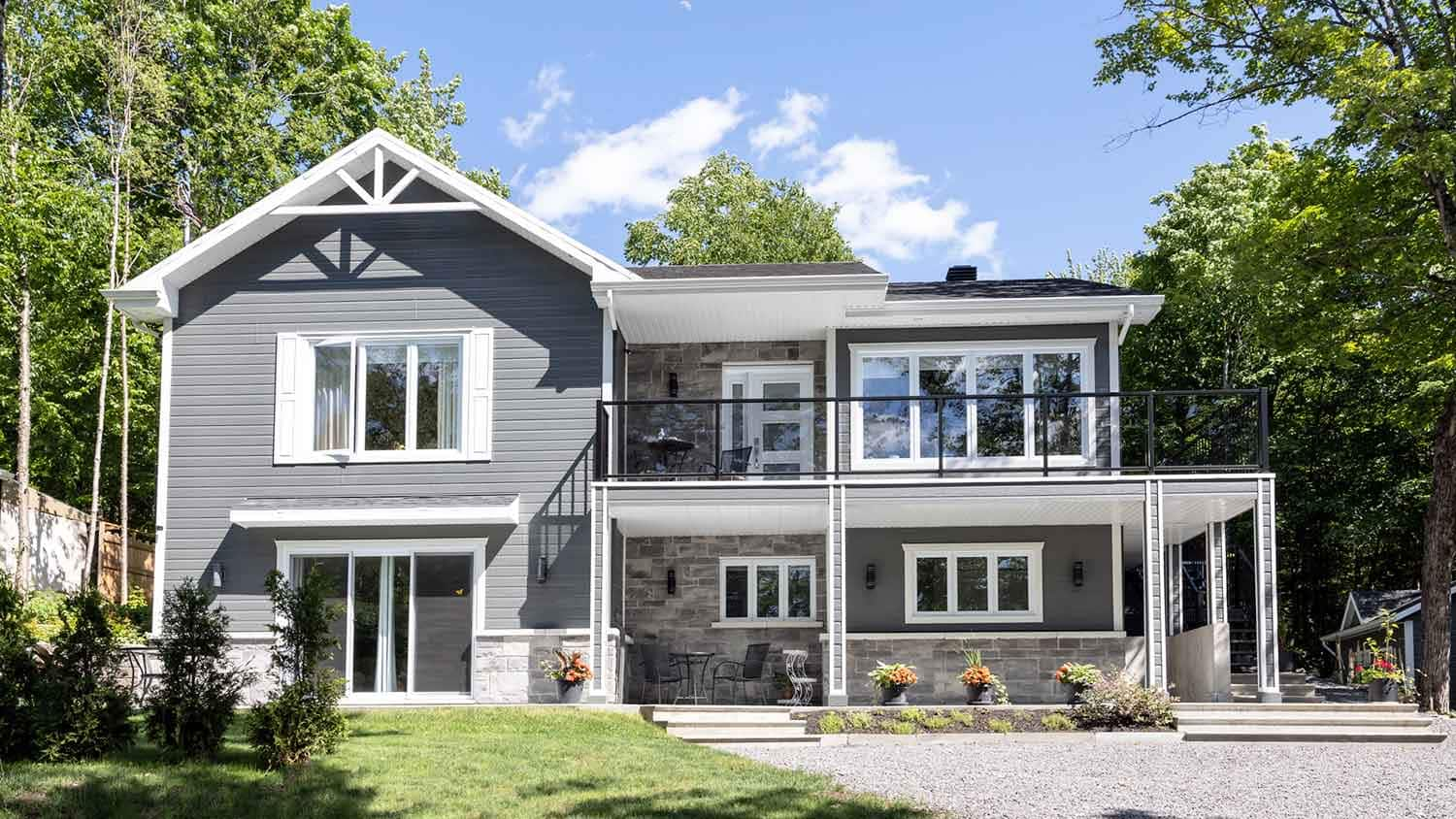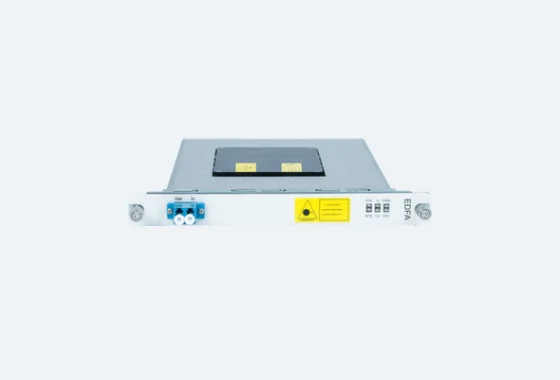
When it comes to constructing a building, one of the most crucial decisions is choosing the right type of exterior wall. The exterior wall not only provides structural support but also plays a significant role in insulation, weatherproofing, and aesthetics. In this article, we will delve into the various types of exterior walls available and discuss their pros and cons, helping you make an informed decision for your next construction project.
- Traditional Brick and Mortar Walls:
Brick and mortar walls have been a popular choice for centuries due to their durability and timeless appeal. Made from fired clay bricks and cement mortar, these walls offer excellent thermal insulation and soundproofing. Additionally, they are resistant to fire, pests, and harsh weather conditions. However, brick and mortar walls require skilled labor and are time-consuming to construct, making them a more expensive option. - Concrete Block Walls:
Concrete block walls are another common choice for exterior walls. These walls are constructed using precast concrete blocks, which are known for their strength and durability. Concrete block walls offer good thermal insulation and are resistant to fire and pests. They are also relatively cost-effective and can be constructed quickly. However, they may require additional insulation to improve energy efficiency and can be prone to cracking if not properly reinforced. - Structural Insulated Panels (SIPs):
Structural Insulated Panels, or SIPs, are a modern and energy-efficient option for exterior walls. These panels consist of a foam core sandwiched between two layers of oriented strand board (OSB). SIPs provide excellent insulation, reducing energy consumption and maintaining a comfortable indoor environment. They are also quick to install and offer superior strength and durability. However, SIPs may be more expensive upfront, and their large size can pose logistical challenges during transportation and installation. - Fiber Cement Siding:
Fiber cement siding has gained popularity in recent years due to its versatility and low maintenance requirements. Made from a mixture of cement, sand, and cellulose fibers, fiber cement siding offers excellent durability, resistance to rot and pests, and can mimic the appearance of wood or masonry. It is also fire-resistant and can withstand harsh weather conditions. However, fiber cement siding may require periodic repainting and can be relatively heavy, requiring proper installation techniques.
Conclusion:
Choosing the best type of exterior wall for your building involves considering various factors such as cost, durability, insulation, aesthetics, and maintenance requirements. While traditional brick and mortar walls and concrete block walls offer proven performance, modern options like SIPs and fiber cement siding provide enhanced energy efficiency and design flexibility. Ultimately, the decision should be based on your specific project requirements and budget. Consulting with a professional architect or contractor can help ensure the best choice for your building's exterior walls.

